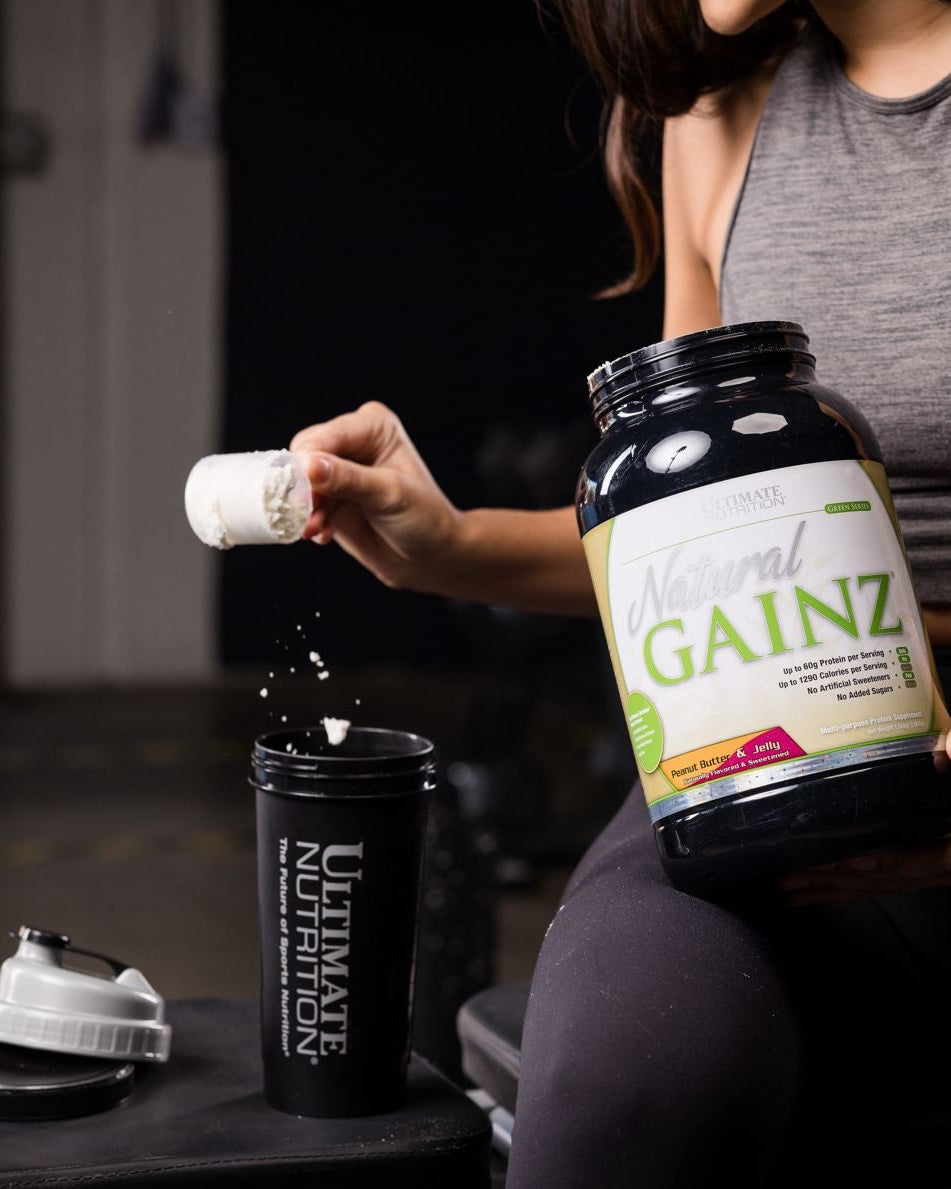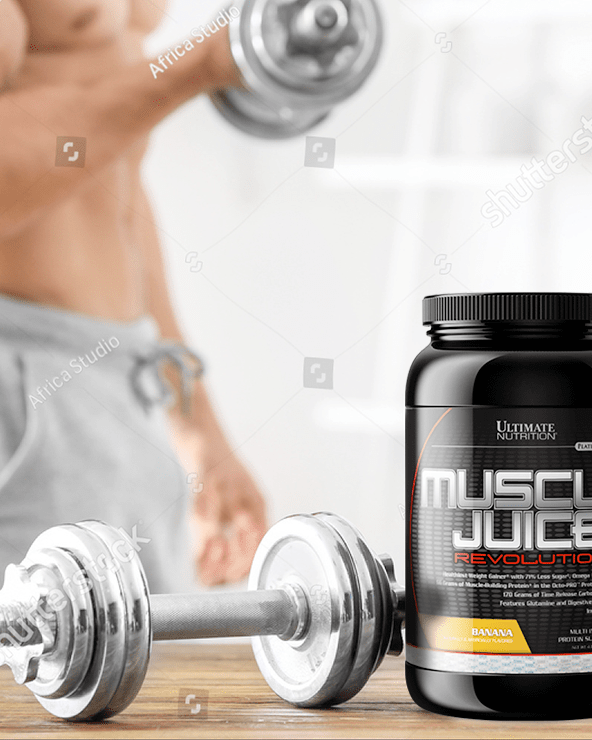The Nutritional Landscape of Whey Protein: A Comprehensive Overview
So, you're considering stepping into the world of whey protein? Excellent choice! But what exactly is this stuff, besides a frequent guest in your post-workout shake? Fasten your seatbelts as we're about to dive into the wonderful world of whey protein nutrition facts.
Essential Amino Acids: The Building Blocks
At its core, whey protein is a protein powerhouse, packing a punch with all nine essential amino acids. That makes it a 'complete' protein – ticking all the boxes for amino acids your body needs but can't make.
The Many Hats of Protein
Sure, protein gets a lot of fame for muscle building. But did you know it does a lot more than just that? It's a crucial player in creating enzymes and hormones. Plus, it's a key defender in the army that is your immune system. That's right – it's helping keep you healthy at more levels than you probably realized!
Bioactive Compounds: Hidden Health Heroes
Lurking beneath the surface of whey protein's obvious benefits are the lesser-known bioactive compounds. These tiny health helpers are the unsung heroes of whey protein, silently working behind the scenes to bolster your health.
Bioactive compounds like immunoglobulins, lactoferrin, and lactoperoxidase might sound like tongue twisters. Still, they're part of the reason why whey protein is more than just a muscle builder. They're busy promoting your immune function, aiding nutrient absorption, and more.
Gut Health and Glycomacropeptide: A Gut-Friendly Pair
Here's a little surprise – whey protein can be a friend to your gut health, thanks to something called glycomacropeptide. These fun-to-pronounce components can support beneficial gut bacteria. In essence, they're like the life of the party in your gut, helping to foster a healthier environment.
Vitamins and Minerals: Small But Mighty
Don't be fooled by the name – whey protein isn't all about protein. It's also hiding a small but significant stash of vitamins and minerals.
Although the quantities of these nutrients may not be as sizeable as what you'd find in a multivitamin, they're a neat little bonus. Think of them as the icing on the whey protein cake, adding an extra layer of nutritional goodness to your day.
The Lactose Factor
Before you crown whey protein as a magic elixir, here's a heads up – whey protein comes from milk, meaning it contains lactose.
If you're lactose intolerant, some forms of whey protein might not be your best friend. But don't fret! Alternatives like whey protein isolate and hydrolysate have lower lactose levels and could be just the ticket for you.
Whey Protein and Your Diet
What's really cool about whey protein is how well it plays with various diets. It can fit snugly into a number of dietary patterns. Whether you're following a vegetarian, gluten-free, high-protein, or low-carb diet, whey protein can adapt. It's like a chameleon of nutrition!
However, since it's derived from milk, vegans will have to sit this one out. For everyone else, though, it can be an invaluable addition to your diet.
Whey Protein and Muscle Building: A Love Story
It's common knowledge that whey protein and muscle building go hand in hand. But what makes this bond so special?
The relationship between whey protein and muscles isn't just a fling – it's a serious, science-backed love story. Whey protein is loaded with essential amino
Whey protein is loaded with essential amino acids that your muscles crave, especially after a grueling workout. These amino acids aid in repairing and rebuilding muscle fibers, helping you recover and grow stronger.
It's not just a random affair – it's a well-studied, understood interaction. So, next time you're gulping down that protein shake after pumping iron, know that you're feeding your muscles just what they need.
Whey Protein for Weight Management
Whey protein isn't just a one-trick pony for muscle growth; it also has a role to play in weight management. Consuming protein can help you feel fuller for longer, reducing those pesky hunger pangs that can lead to overeating.
This feeling of satiety is like your secret weapon in the fight against unwanted pounds. If you're on a mission to lose weight or maintain a healthy one, whey protein could be an invaluable ally.
The Different Faces of Whey Protein
Not all whey proteins are created equal. While all forms are beneficial, there are three main types of whey protein, each with unique characteristics: whey protein concentrate, isolate, and hydrolysate.
Ultimate Nutrition's Prostar 100% Whey Protein packs the highest protein content per serving with 25 grams of our whey protein isolate, whey protein concentrate, and whey peptide blend.
Whey protein concentrate is the least processed kind, retaining most of the nutrients found naturally in whey. However, it does have higher levels of fat and lactose.
If lactose isn't your friend or you're watching your fat intake, whey protein isolate might be your go-to. It's further processed to reduce fat and lactose content while maintaining high protein levels.
Lastly, we have whey protein hydrolysate. This form is pre-digested, meaning it can be absorbed quickly, making it an excellent option for those who need quick recovery post-workout.
The Not-So-Sunny Side of Whey
Like any other supplement, whey protein isn't without potential downsides. While it's generally safe for most people, it's essential to listen to your body and be aware of any possible side effects.
Some folks might experience digestive issues like bloating, gas, or stomach cramps, especially if they're sensitive to lactose. In such cases, a lactose-free or reduced lactose option like whey protein isolate or hydrolysate might be a better choice.
Also, remember that while whey protein is a fantastic food supplement, it's just that – a supplement. It's meant to supplement a balanced, varied diet, not replace real, whole foods. So enjoy your whey protein, but don't forget to eat your fruits, veggies, and whole grains too! It is recommended that you consult with your physician before taking any nutritional product.
The Whey Forward
In the grand scheme of things, whey protein is a versatile and beneficial food supplement. Whether you're an athlete, someone trying to manage weight, or just looking to supplement your protein intake, whey protein has something to offer.
Remember, everyone's body responds differently to nutrition products and dietary supplements. What works wonders for one person might not have the same effect on someone else. So listen to your body, do your research, and consult a healthcare professional if needed. Enjoy the journey into the wonderful world of whey protein!
Whew, that was quite a ride! You're now armed with knowledge about whey protein nutrition facts to make an informed choice. Happy protein adventures!























Comments
Ultímate nutrición 08 de julio de 2024 y el doctor José Miguel Domínguez Tagel. Toxinas Hombres. Bebé 08 de julio de 1996 ocho de julio de 1996 saludos bodybuilnding